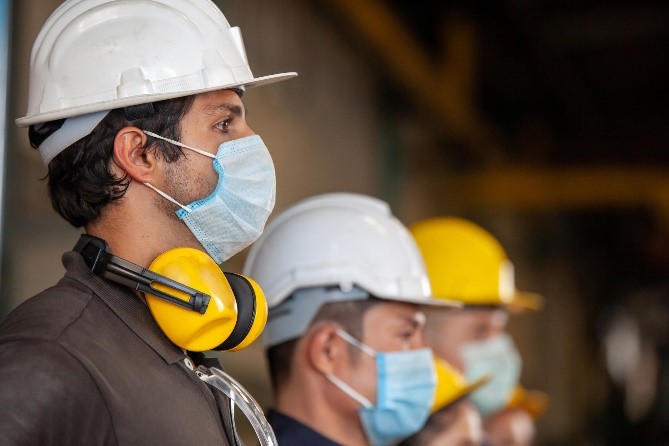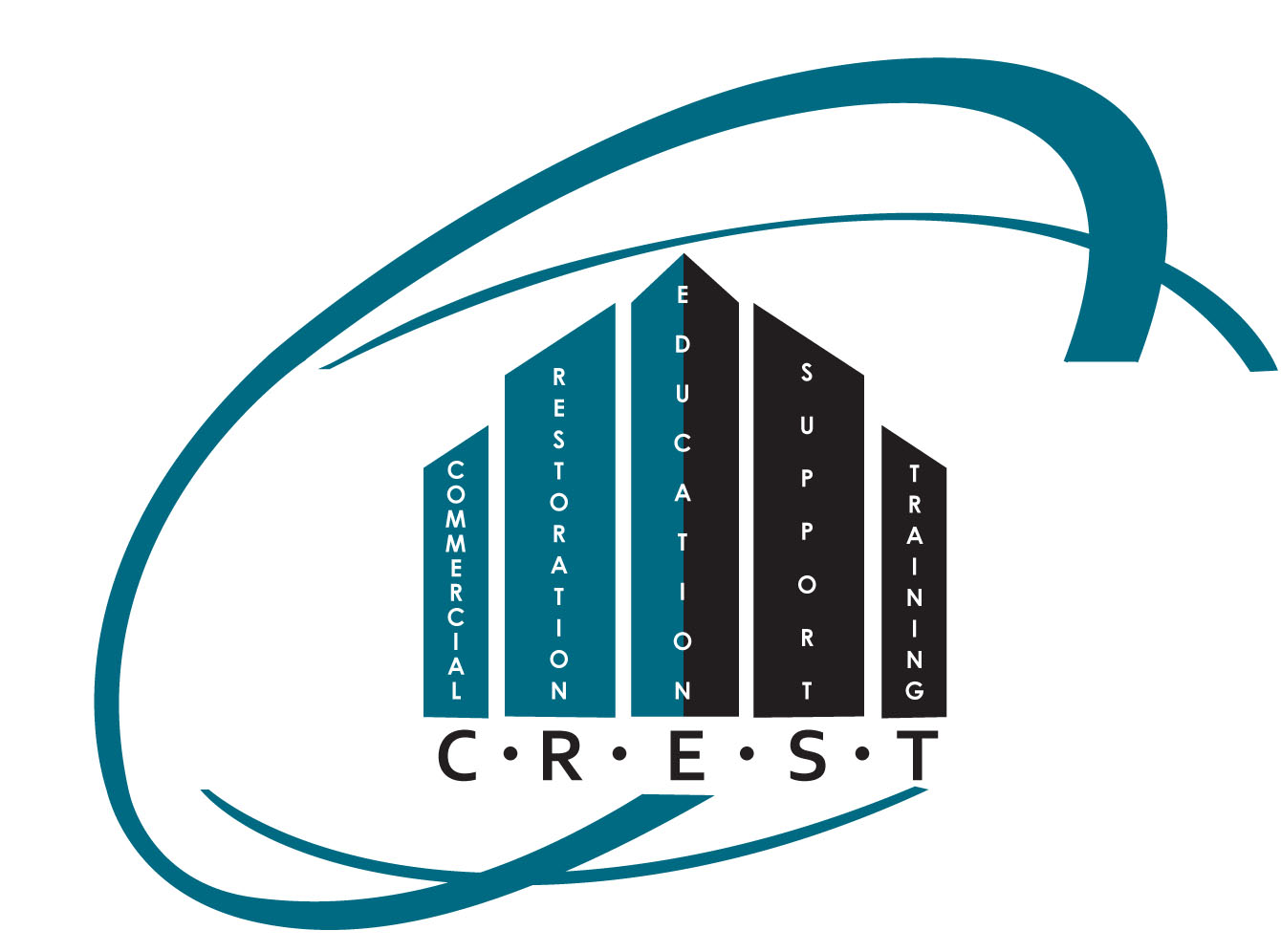4 minute read

We still don’t know yet when the government may decide to remove any and all restrictions regarding the Covid-19 virus. There is certainly a lot of partisan dispute over the real or perceived seriousness of the virus, but regardless of the facts, the world has changed.
And as the world changes, so will business and how we conduct it going forward. Most people are much more aware of health and safety today because of the massive media campaign. The buying public expects businesses to do things differently – all in the name of safety and health.
I expect we will see a move toward a cashless society (credit and debit cards only), and contactless interaction will likely become the norm. Stores like Lowes, Home Depot, Walmart, Target, and many others will most likely continue to offer and even expand delivering the goods to your vehicle in the parking lot. You will see a demise in print newspapers and magazines and much less USPS mail in our mailboxes. The postal service may completely close. Restaurants and bars will operate differently in the post-pandemic era also. You’ll see more social-distancing and less people crowding the bar. You’ll also see less people waiting inside to be seated, and a much higher level of cleanliness overall.
As the concept of ordering online and getting it shipped directly to your front door explodes, (people are avoiding brick & mortar stores), you are going to see many retail stores close (go out of business) in your community. As that happens, it will reduce the business opportunities for the restoration company. (Less retail stores – less fire, water, and mold damage prospects).

Working from home will become a far larger portion of the workforce than ever before, and by extension, less demand for office space. The virus and its impact on daily living has become a catalyst for major change across categories, some of which will be permanent fixtures in the ‘new normal’. The butterfly effect of all this disruption is forcing many companies to make tough choices. Many companies have been slashing spend and tempering costs, all amid a mass migration of personnel to remote working.
It’s this authors’ opinion that schools should be fully open, and children should be attending in person five days a week. We will continue to see “online home study” as an alternative. And some parents like it because they can better control the curriculum. However, the debate rages over the true value of an “online” education for younger children. Today, schools in most regions are offering a choice of online or in-classroom education. Expect that to continue.

Disaster recovery contractors will be required to conduct business with a major focus on proper cleaning protocols – especially those that have the word “Cleaning” in the business name. Restorers can anticipate the end-user will require a whole host of safety precautions when entering a clients’ home or business.
There will be huge growth in the use of web-based “monitoring” equipment and expect scoping and mapping to be done with scanning products like Matterport™. Plan on using more internet-based moisture monitoring equipment, as clients won’t want you in their home or business every day.
Consumers may expect your staff to wear masks – next month and next year! They may expect you to “wipe down” all high-touch areas with an approved disinfectant when you leave each day. They may even expect your technician staff to wear PPE – on every job!
Since restoration contractors and many other essential service companies are elevated in the public eye, it may be demanded of you to perform at an extremely high level of health, safety, and protection. The level of scrutiny you are going to get moving forward will be substantially different than most are used to.
Welcome to the “new normal”

By Dick Wagner, Co-Founder The CREST Network, LLC
Nationally recognized coach, consultant, trainer, and speaker
Creator of the renowned PREP™ pre-disaster program
Owner of AskDickWagner.com BLOG
Copyright© 2020 The CREST Network, LLC All Rights Reserved
